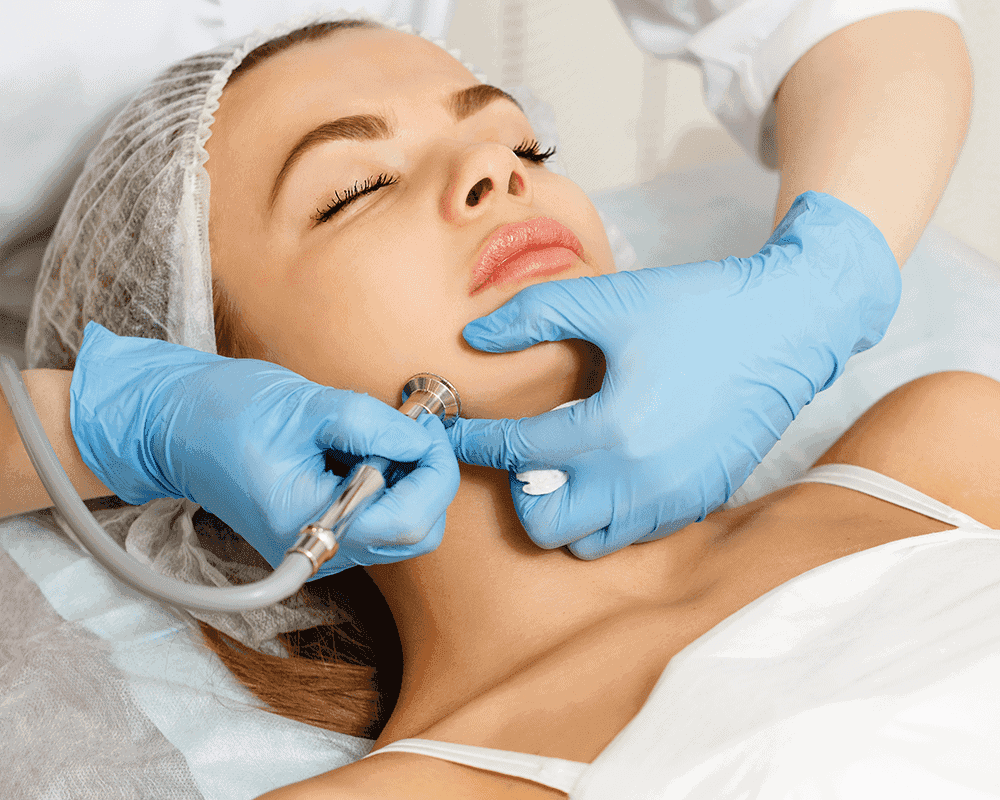
Best Dermatologist Recommended Skincare Routines to Try
Maintaining healthy, radiant skin goes beyond occasional treatments or expensive products. The key lies in a consistent and well-structured skincare routine. Dermatologist-recommended routines focus on targeting specific skin concerns while strengthening the skin’s natural barrier. Whether you have oily, dry, sensitive, or combination skin, developing the right daily habits is essential. This article outlines the top skincare steps recommended by professionals, helping you build a routine that enhances skin health without complications.
Gentle Cleansing to Start and End Your Day:
Cleansing is the foundation of any effective skincare routine. Best Dermatologist in Dubai (أفضل دكتور جلدية في دبي) consistently emphasize the importance of removing dirt, oil, and impurities from the skin without disrupting its natural balance. Morning cleansing removes overnight sweat and residue, while evening cleansing helps eliminate makeup, sunscreen, and pollutants accumulated during the day. A gentle, pH-balanced cleanser is typically recommended—one that doesn’t strip moisture or cause tightness. Look for sulfate-free options, especially if you have dry or sensitive skin, and avoid over-cleansing to prevent irritation or barrier damage.
Incorporating a Toner or Hydrating Mist:
Toners have evolved significantly from the alcohol-heavy astringents of the past. Today’s dermatologist-approved toners are formulated to hydrate, balance the skin’s pH, and prepare it for better absorption of serums and moisturizers. For dry or dehydrated skin, a hydrating toner with ingredients like hyaluronic acid or glycerin can help boost moisture levels. Oily or acne-prone skin may benefit from toners containing salicylic acid or witch hazel to refine pores and control sebum. Spritzing a light mist also adds an instant refresh, especially in dry environments or after cleansing.
Targeted Treatment with Serums:
Serums are concentrated formulations that deliver active ingredients directly into the skin. This step allows for targeted treatment of concerns such as pigmentation, dullness, fine lines, or acne. For brightening and antioxidant protection, vitamin C serums are widely recommended in the morning. At night, serums containing ingredients like niacinamide, peptides, or retinol help support skin repair, even tone, and boost collagen. Since serums are highly potent, it's important to choose one tailored to your skin needs and introduce it gradually to avoid sensitivity.
Moisturize to Strengthen and Protect:
Moisturizing is a step no skincare routine should skip, regardless of skin type. Dermatologists advise using a moisturizer that supports the skin’s barrier function and locks in hydration. For oily or acne-prone skin, a lightweight, non-comedogenic gel-based moisturizer can prevent clogging. Those with dry or mature skin might benefit from richer creams that contain ceramides, fatty acids, or shea butter. Applying moisturizer while the skin is still slightly damp helps to seal in moisture more effectively. Consistent moisturizing reduces irritation, boosts elasticity, and gives the skin a healthy glow.
Sunscreen Every Morning, All Year Round:
Sunscreen is often referred to as the most important anti-aging product in any skincare routine. UV exposure accelerates signs of aging, causes hyperpigmentation, and increases the risk of skin damage. Dermatologists recommend using broad-spectrum sunscreen with an SPF of at least 30 daily, even on cloudy days or when indoors, as UV rays can penetrate windows. Physical (mineral) sunscreens with zinc oxide or titanium dioxide are gentle on sensitive skin, while chemical sunscreens absorb quickly and suit active lifestyles. Reapplication every two hours is key, especially when outdoors.
Night Care: Focus on Repair and Renewal
Nighttime skincare is the ideal moment to support the skin’s natural regeneration process. Dermatologists advise incorporating ingredients that repair damage, stimulate cell turnover, and restore moisture lost throughout the day. Retinoids are a popular nighttime treatment, promoting collagen production and improving texture. For more sensitive skin, bakuchiol offers a gentler alternative. Layering a nourishing night cream over serums helps seal in actives and prevent overnight dehydration. This routine not only enhances skin recovery but also prepares it for the challenges of the next day.
Weekly Add-Ons: Exfoliation and Masks
In addition to daily routines, dermatologists recommend adding exfoliation and masks once or twice a week for optimal skin health. Exfoliation removes dead skin cells and unclogs pores, improving the effectiveness of other skincare products. Chemical exfoliants like AHAs (glycolic acid, lactic acid) or BHAs (salicylic acid) are often favored over physical scrubs due to their gentle yet deep-acting properties. Hydrating or detoxifying masks can further enhance your regimen by addressing temporary concerns such as dullness, irritation, or excess oil. Always follow exfoliation with ample hydration to soothe the skin.
Conclusion:
Achieving healthy, radiant skin doesn't require complicated routines or a shelf full of products—it requires consistency, the right ingredients, and a thoughtful approach tailored to your skin’s unique needs. The dermatologist-recommended skincare steps outlined above—cleansing, toning, treating, moisturizing, sun protection, night care, and weekly exfoliation—work together to maintain skin balance and prevent common issues like dryness, breakouts, and premature aging. By committing to these habits daily and making minor adjustments based on seasonal or lifestyle changes, you can enjoy long-term skin health and a visibly improved complexion. Consistency is key, and when practiced with care, these routines can help your skin look and feel its best.
Read more about
Appreciate the creator